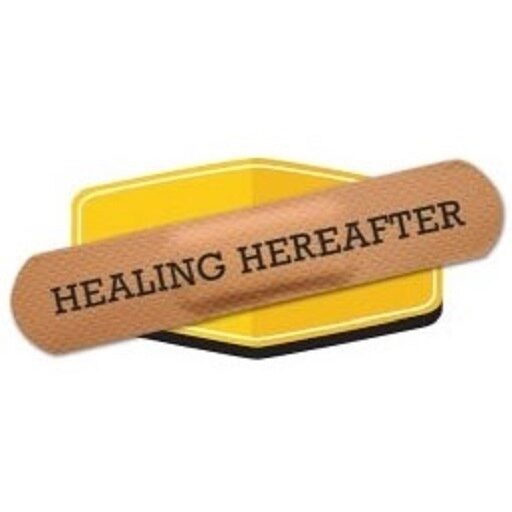Having two black sons, a black mentee for several years, and many black friends, these troubled times have certainly made me more seriously consider how I can best engage my black neighbors to truly address injustice. The following thoughts may need adjusting (feel free to comment!), but they’ve already been very instrumental in creating proven improvement..

1. I must remember that the media and authors make their money by manipulating my emotions, even those with good intentions
Controversy sells big, and they obviously don’t care how many people hate each other or die because of it. So before I expose myself to their stories, consciously decide to ask how well I know something is true before I believe it or act on it (Click to tweet). Seek and acknowledge the good and the bad about each party in each story to champion truth, not trumpet emotion.
2. I should learn statistics objectively
For example, if I want to learn how many white police officers have been killed by blacks, also learn how many blacks have been killed by white police officers, and why if I can. If I can’t answer why, share stats as questions instead of judgments.
3. I should be willing to validate others’ opinions about racism, but only after they explain why I should
Both automatic dismissal or acceptance of others’ stories can be dangerous (e.g. “Police always discriminate” or “I’ve never been racist”), especially in regard to broad judgments. Anyone with a valid opinion should be able to explain why it is, so ask them why they feel the way they do, and then validate what they can explain.
4. I need to take time to observe how people of color are treated in everyday circumstances
Be honest about the good and the bad; all truth is important.
5. I should put myself and my family into environments and social circles primarily comprising people of color
Be honest about what I learn; all truth is important. I can bring this back to my circles by promoting racially-integrated books, toys, and media at home, church, and school.
6. I should confront racism and inappropriate behavior/language when I encounter it
It is almost always safe to ask “I’m not sure what you meant by (that action or comment); could you help me understand?”.
7. I should google and investigate the race-related proposals or elected positions on my next voting ballot
Especially local/state ones where the majority of changes are made! Then cast an informed vote.
8. I need to identify local organizations that are involved with communities of color
Post-COVID, this is easiest by doing transracial mentoring set-up to mutually benefit both families or by joining local social media groups hosting virtual events. I can disagree with these groups on some things; the point is for two-way discussion and benefit.
9. I must think and post as much about the positive interactions between whites/police and people of color as I do about the negative
Celebrate the good norms (we desperately need to remember them!), and honor the bad exceptions, but as exceptions (Click to tweet).
10. I have to acknowledge that there’s a racism against blacks far more deadly than the American ethnic divide
The discrepancy between injusticed blacks and the more privileged is exponentially greater on a global scale than on a US scale. This is partly because of white privilege, but primarily because of American privilege. 95% of US donations stay in the US, where only 0.1% of the impoverished live. Therefore, the MOST injusticed blacks, who live outside the US, tragically die by the millions. That’s a lot of loved ones mourning their George Floyds, with no protests, politicians, or laws to aid these blacks. And the solutions for them are exponentially cheaper and more effective than any domestic initiative has been.
 ALL black lives matter, especially those a person like you or I actually has more hope of bringing justice to (which you easily can – see below!). We have to recognize that if the only blacks we’re passionate about are black Americans, that in itself is a form of discrimination (our American in-group over everyone else). And this American supremacy is a far more ignored, deadly, but fixable injustice to blacks than the still horrible racism we usually think of. The progress correcting injustice among African blacks has been far greater than among American blacks – despite pouring far more time and money into the latter.
ALL black lives matter, especially those a person like you or I actually has more hope of bringing justice to (which you easily can – see below!). We have to recognize that if the only blacks we’re passionate about are black Americans, that in itself is a form of discrimination (our American in-group over everyone else). And this American supremacy is a far more ignored, deadly, but fixable injustice to blacks than the still horrible racism we usually think of. The progress correcting injustice among African blacks has been far greater than among American blacks – despite pouring far more time and money into the latter.
I care deeply for American blacks – my family, time, relationships, and money have proved it for many years. But I also need to address racism toward blacks where it’s most deadly and where solutions are most effective, if I truly believe all black lives matter. Below is where you can do so in the ways research has proven to be most effective…
1. Prevent injusticed black families – kids most often – from dying of infectious diseases
2. Employ injusticed black women to provide basic healthcare to their communities
3. Give injusticed black families clean water
In these difficult times, Healing Hereafter isn’t just about finding helpful answers to why injustice and suffering exists (start at Page 23). It’s about offering what you can to alleviate both!

